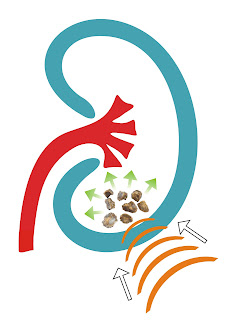What is Erectile Dysfunction or ED?
Erectile Dysfunction: A man is supposed to have erectile dysfunction if a man regularly obtains it difficult getting a firm enough erection to be able to have a reproduction.
There are some Physical Causes of Erectile Dysfunction:
2. Diabetes
3. High Blood Pressure
4. Hormonal Disorders
5. Obesity
6. Sleep Disorders
Psychological causes of erectile dysfunction:
2. Stress
3. Relationship Problems
4. Guilt
3. Relationship Problems
4. Guilt
There are many treatments available for Erectile Dysfunction. Treatments are:
1. Medication:
There is a Drug available in the market, which is PDE-5 (phosphodiesterase-5) inhibitors, Viagra, Avanafil. Taking these pills will not automatically produce an erection. These pills allowing some men to function normally. There are also some side effects of these pills like flushing, nasal congestion, headache, visual changes, backache and stomach upset. Your Physician will analyze your singular situation to determine which medication might work best. Before taking any pills or home remedies for Erectile Dysfunction, Get your Doctor's OK.
2. Vacuum Erection Devices :
Vacuum Erection Devices are used in a mechanical way of producing an erection for men who do not want to take pills or any drug treatment or find they are not working.
3. Surgical Treatments:
There are some Surgical treatments also available:
- Penile implants: These are a final option reserved for men who have not had any success with drug treatments and other non-invasive options.
- Vascular surgery: Another surgical option for some men is vascular surgery, which attempts to correct some blood vessel causes of ED.
4. Testosterone Replacement Therapy:
If the ED is caused by low levels of testosterone, replacement is the recommended first step and can be accomplished through topical gels, creams, patches, underarm applications, or injections.
Medical Treatments are not enough you should change your Lifestyle. Here are some tips:
- Quit Smoking.
- Maintain a Healthy Diet.
- Exercise Daily.
- Take some Nutritional Supplements





